Tips for Making Math Study Sessions More Productive
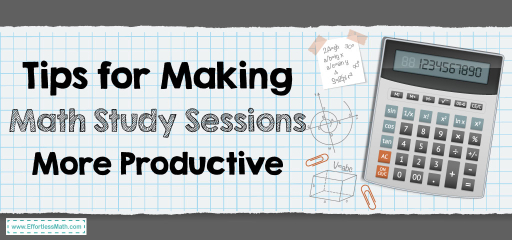
Furthermore, when setting your study objectives, ensure that you set something you can achieve. For example, instead of the broad and less-defined long-term goal of studying a whole topic on calculus, try to adopt a short-term goal such as “solve five derivative problems within 45 minutes.” That way, it will be easier to accomplish a goal and know if you are progressing. For additional educational resources,.
Make a Structured Study Timetable
A timetable can help you allocate time slots for different math topics appropriately. So, develop a good timetable that will help you cover your topics in manageable portions. For instance, allocate more time for difficult topics such as differential equations in calculus and less time for simple algebraic equations. Also, ensure that you have created study breaks in your timetable because prolonged learning and working on math questions can cause stress or fatigue. Having breaks will help you keep your mind free and active most of the time. For additional educational resources,.
Embrace Active Learning
Active learning involves learning by doing. Math is an excellent example of a subject that requires students to focus on active learning because it requires the actual use of one’s mental abilities in problem-solving. It is always easier to grasp a certain concept when one is actually solving problems with that particular concept. For instance, if you are solving a unit on quadratic equations in algebra, solve problems that are likely to challenge all theoretical aspects of that unit. Learn methods and heuristics of problem-solving by beginning with relatively easy problems and working your way up to solving more complex problems.
Incorporate Technology Wisely
If used appropriately, technology can help you gather a lot of study material and concepts that support your learning process. In this regard, consider using online learning platforms to access limitless tutorials on different mathematical topics. Online platforms usually explain every step and provide practice questions, which can be useful in the enhancement of learning. Moreover, you can use math apps and online calculators to solve complex questions. These tools are more useful when it comes to verification, and they give users a step-by-step guide on how to arrive at the answer. You can also participate in online study forums where students often post, share, and help each other solve math problems.
Form Study Groups
Study groups can be very effective in learning math. You can form a small math group where you study with classmates or other peers and assist each other. A study group should comprise a limited number of people so that everyone can be involved in the learning process, preferably 3 to 5 people. A small group makes it possible for everyone to give their maximum input and be in a position to ask questions.
When you meet for group work, you should discuss challenging topics or concepts. For instance, if you seem to have a problem-solving integration in calculus, you can share it and solve it with other members. The point is to use your group discussion sessions to teach each other. Each group member should teach a topic that they understand best. For example, if a member is good at a specific topic, they can conduct a mini-lesson with the other members to help them grasp the concept.
Seek Help With Topics You Don’t Understand
Mathematics is a subject that requires an adequate understanding of the concepts for you to know it. You can only achieve this by asking for clarity and assistance in the areas you don’t understand well. First, you can seek help from your teacher on the concepts you don’t understand. You can ask a question during the mathematics class lesson or look for your teacher after the lesson to seek clarity. For example, if you have a question about a procedure for solving a problem in calculus, such as solving a differential equation or a definite integral, seeking a detailed explanation is useful in making up for the confusion.
Also, you can use online resources to seek help. There is virtually everything on the internet. So, use the internet to learn how to solve some mathematical equations or to seek more clarity on what you were taught in class. Some websites have free lessons with instructions on solving different mathematics problems, from basic mathematics to complex topics. Take advantage of them and improve your math studies.
Takeaway
Mathematics can be easy if you have good study habits; it can be tough, overwhelming, and frustrating to become better in mathematics if you don’t plan well for your mathematics lessons. The secret to knowing mathematics is having a good study plan and strategies to help you learn and memorize various math concepts. You can apply the strategies discussed above to make your math study sessions productive.
Related to This Article
More math articles
- 4th Grade PSSA Math Practice Test Questions
- How to Multiply Mixed Numbers? (+FREE Worksheet!)
- FREE 8th Grade ACT Aspire Math Practice Test
- A Comprehensive Guide to Learning How to Add Three or More Fractions with Unlike Denominators
- How to Determine Functions?
- Intelligent Math Puzzle – Challenge 91
- The Complete List of Teachers’ Favorite 10 Math Websites
- How to Subtract Mixed Numbers? (+FREE Worksheet!)
- What if I Fail the CBEST Test?
- The Ultimate SSAT Upper Level Math Formula Cheat Sheet

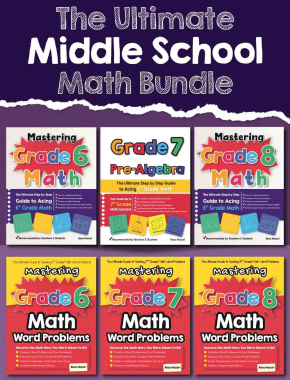
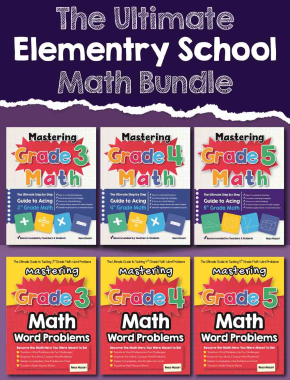
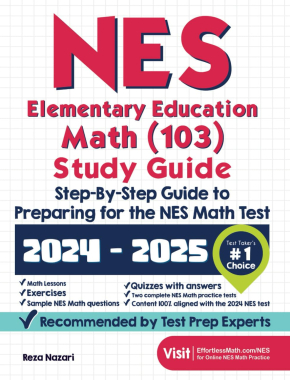
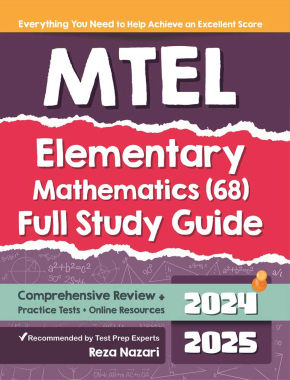
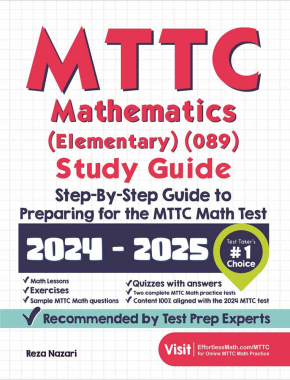
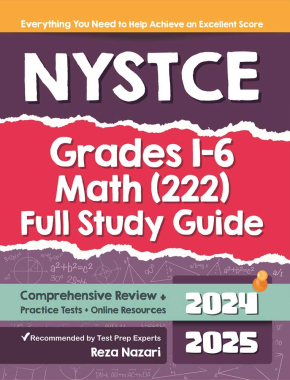
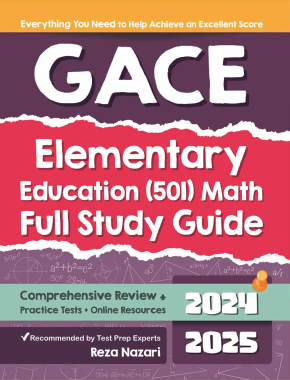
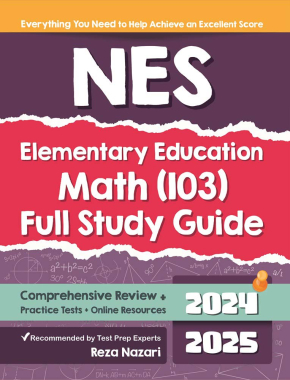
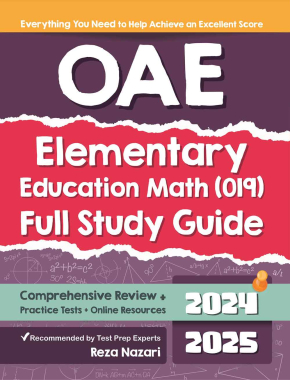
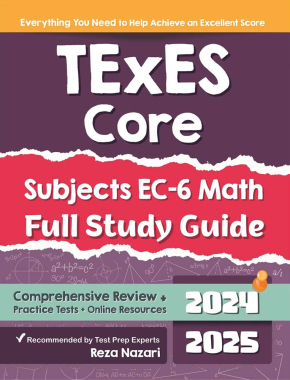
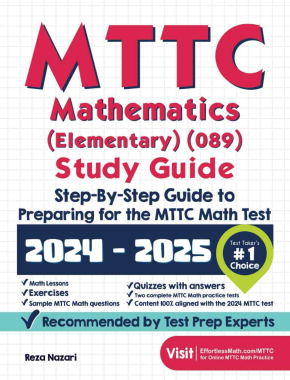
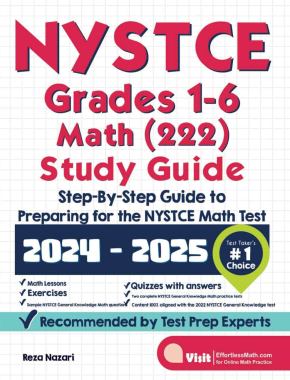
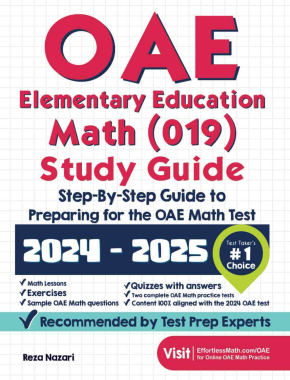
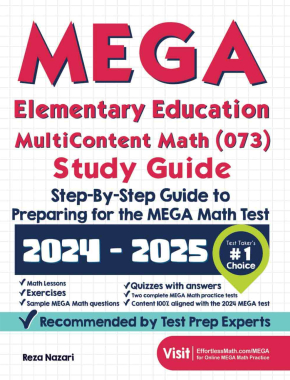
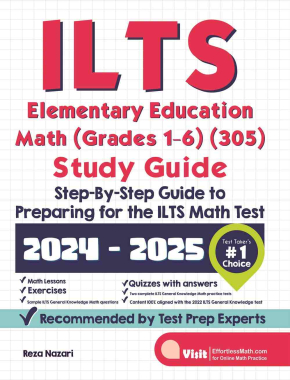
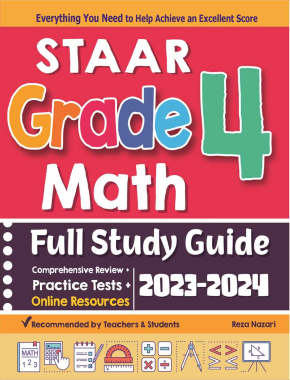
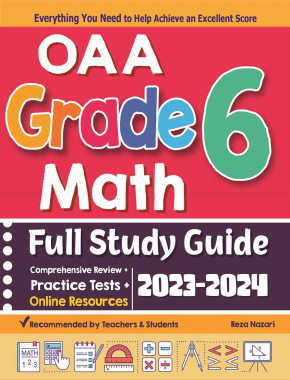



















What people say about "Tips for Making Math Study Sessions More Productive - Effortless Math: We Help Students Learn to LOVE Mathematics"?
No one replied yet.